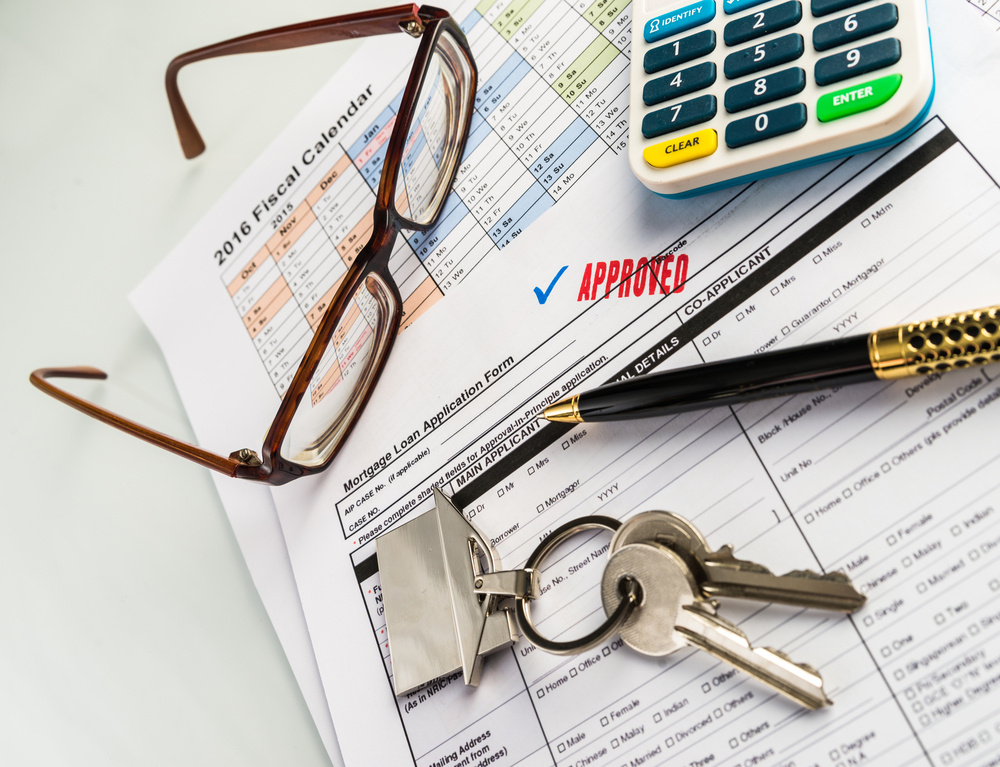How Much Of A Loan Can I Qualify For?

The amount of loan that you can get approved for is tied to a number of factors including your credit score, ability to repay the loan, and the collateral on offer. As you can readily agree, the higher the amount of loan you are approved for, the more financial puzzles you can solve. But how can you gauge the amount of loan that you qualify for?
Before continuing on, if you are looking for a fast loan in Canada, you should visit Smarter Loans – Canada’s Loan Directory. It is a central resources that provides key information on Canada’s top lending companies.
In addition to your credit score, lenders make use of your repayment history to estimate the amount of credit they will extend to you. A shaky repayment history will certainly hamper your eligibility to qualify for a large amount of a loan. If you have already defaulted on payments, it helps to send a goodwill adjustment letter to the concerned lender(s) asking them to remove the bad report.
Before applying for a loan, it’s important to check out your credit rating with Trans Union, Experian, and Equifax. Check for address errors in your credit report as these have a potential to affect your credit score. Another trick to boost the score is to repay off part of your debts and then ask for credit-limit increase. Your credit score is a key factor in qualifying for personal loans and business loans in Canada
Your ability to repay off the loan is tied to your disposable income. Even if you make large sums of money as income, the lender will always base their decision on the bills and other expenditure that you shoulder. If your income to expenditure ratio is low, expect to be approved for an equally low credit.
If you are currently going through a bankruptcy process, your chances of getting approved for a loan are slim. Even then, more lenders will start considering your application once the bankruptcy process is discharged. The downside of applying for a bank loan after bankruptcy is that you will have to contend with high interest rates as most creditors will consider you a high risk debtor. If you have less than perfect credit, you could still be eligible for bad credit loans in Canada. The other option if credit history is an issue of course is payday loans.
The lenders know too well that their only chance of recovering a defaulted loan is by disposing off the assets you avail as security for the loan. In your creditor’s book, the higher the value of the collateral, the higher the loan you qualify for.
There are a variety of loan products that you can choose from and each has different set of qualifying rules;
Under these popular loan products, you offer a given asset to act as the collateral. If you default, the lender acquires ownership of the property. The point of traction for secured loans is that you can qualify for high credit limit.
These credit facilities, popularly known as signature loans, aren’t secured by collateral and thus attract high interest rates. Correspondingly, these loans are extended to individuals with a sterling credit score, some good incomes, and a good payment plan.
These are loans that you borrow time and again provided you always pay in time. All things considered, open-ended loans are ideal for individuals with a constant cash flow.
A loan can pull you out of a financial hole or provide operation capital for your business. As a financial savvy individual, it helps to if you have a grasp of the parameters lenders use when deciding the amount of loan they are willing extend to you. You can then use the knowhow to boost your chances for approval on first application. Don’t forget to visit Smarter Loans as a reference for anything to do with loans and financing in Canada.
